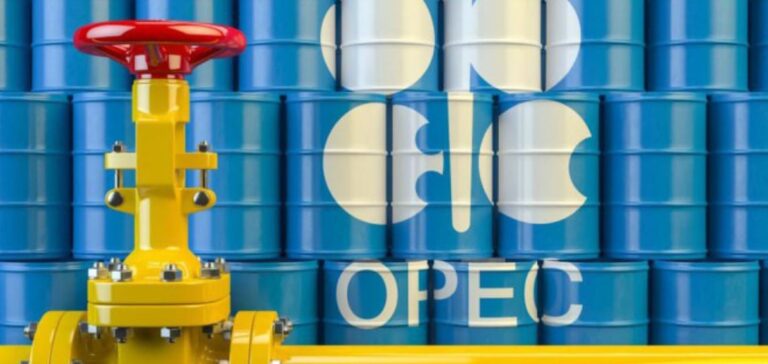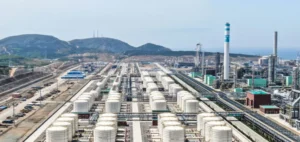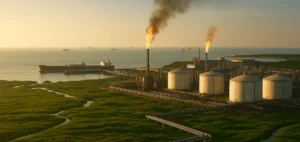OPEC+ could cut production if necessary, according to Saudi Arabia, denying any talk of a production increase.
A scheduled meeting
OPEC+ denies a report that it was consideringincreasing production. The Wall Street Journal reported that an increase in production of 500,000 barrels per day was being discussed. In addition, the next meeting of OPEC and its allies, known as OPEC+, will be held on December 4.
Saudi Energy Minister Prince Abdulaziz bin Salman says:
“It is well known that OPEC+ does not discuss any decisions before the meeting.”
Oil prices were down about 5% to below $83 a barrel after the article was published. However, following the intervention of the Saudi minister, the decline in the price of oil was reduced.
Last month, OPEC+ unexpectedly decided to sharply reduce its production targets. It would indeed be unusual for the group to increase production at a time when prices are falling. The economic outlook is also increasingly worrying.
A legal procedure in progress
Saudi Energy Minister Prince Abdulaziz bin Salman says:
“The current OPEC+ cut of 2 million barrels per day continues until the end of 2023 and if there is a need to take further action by reducing production to balance supply and demand, we always remain ready to step in.”
According to the Wall Street Journal, discussions about an increase in production have recently emerged. Biden administration telling a federal court judge that Saudi Prince Mohammed bin Salman should have sovereign immunity.
Indeed, a U.S. federal trial related to the murder of Saudi journalist Jamal Khashoggi is underway. The immunity decision amounts to a concession to Prince Mohammed bin Salman. It thus reinforces its status as the de facto ruler of the kingdom.
This legal issue comes after attempts by the Biden administration to isolate the Saudi Arabian prince. On the other hand, crude oil markets have been weakening in recent days. This trend reflects weaker demand for oil from China and Europe.





















